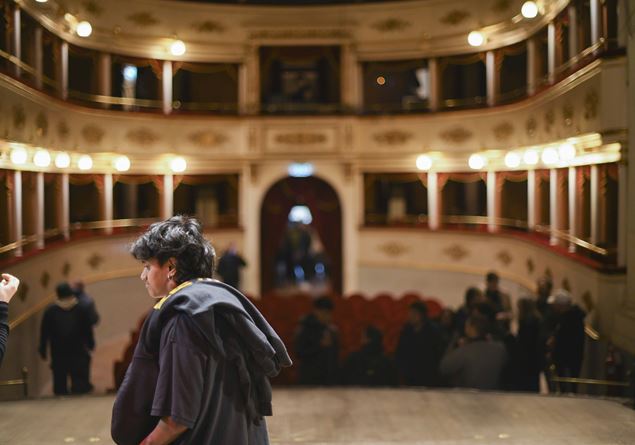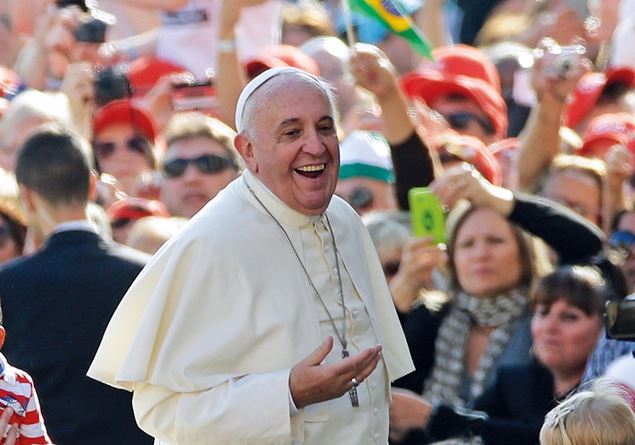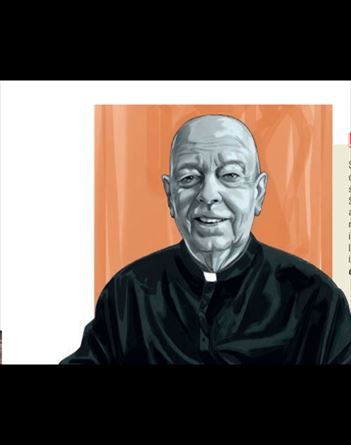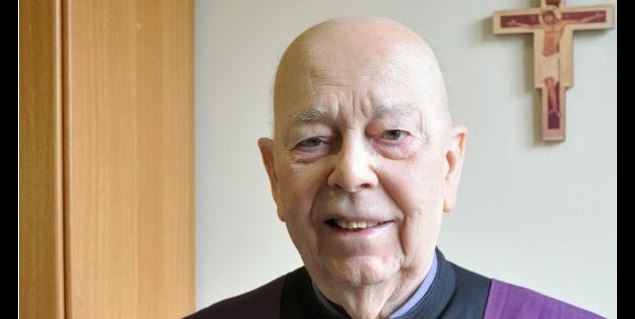«We live in a world that pushes us to be strong, winning, impenetrable. Where the hero is what he never folds, what a fight, who wins. But what happens to those who can’t do it? Who isn’t a tough to? Who falls from the trees instead of being clinging? ». Thus begins the writer and professor Enrico Galianoanalyzing the text of the song by Sanremo di Lucio Corsi in a video on social media. A passionate and passionate analysis, between his language skills and his passion for music. A very successful operation that helps to grasp the most hidden meanings of the texts, beyond their catchness.
“With I wanted to be a tough Lucio Corsi gives us a powerful and revolutionary response »explains Galiano:”The hero is not those who are not afraid. The hero is who recognizes it. The anti-hero that we are all of us. From the first verse, Corsi puts us in front of his impossible desire:
“I wanted to be a tough
Who does not care about the future
A robot
A SUMO Fightor …“
He dreams of being an invincible giant, one who does not ask himself questions, who looks forward without fear. A hero built on the images that the company has inculcated us ».
But then, continues Galiano, «the confession:
“But they are nobody
I was not born with a tough face
I am also afraid of the dark …“
And this is where the song becomes more than a simple nostalgic ballad. Corsi presents us with a new hero paradigm: what is accepted for what it is. Far from the dominant models of strength and swagger, the protagonist of this song is fragile, normal, human ».
Normality as a revolution: «We live in a world that idolizes superheroes, iron men, invincible. But I wanted to be a tough reverse the table: What if the real courage was to accept that you are nothing special?
“Judo white belt,
Instead of a star one sneezing. “
Not a champion, not a legend. Only one who strives, who stumbles, who perhaps will never reach the top. And that’s okay. “
And continue:
““But I never wasted time
It is he who left me behind. “
This sentence is a blow to the stomach. How many times do we hear that we must “move”, “be fast”, “keep up”? But courses overturns the perspective: it is not me that is slow, it is time to run too much. The world does not wait for anyone, so what? Who said you have to chase it at all costs?
The hero who no longer hides ».
And he concludes: «The song ends with the most honest yield that can be imagined:
“I wanted to be a tough
But they are nobody
I’m nothing more than Lucio. “
And here is the heart of the courses revolution. Recognize yourself for what you are, without the need for masks, without the need to become someone else. In a world that asks us to be heroes, Lucio Corsi teaches us that he is not the only real act of heroism. You don’t need to be invincible to live. Sometimes just being ourselves is enough ».
All enriched by the numerous rhetorical figures that enrich the text and that Galiano analyzes punctually.
Cover photo, ANSA










